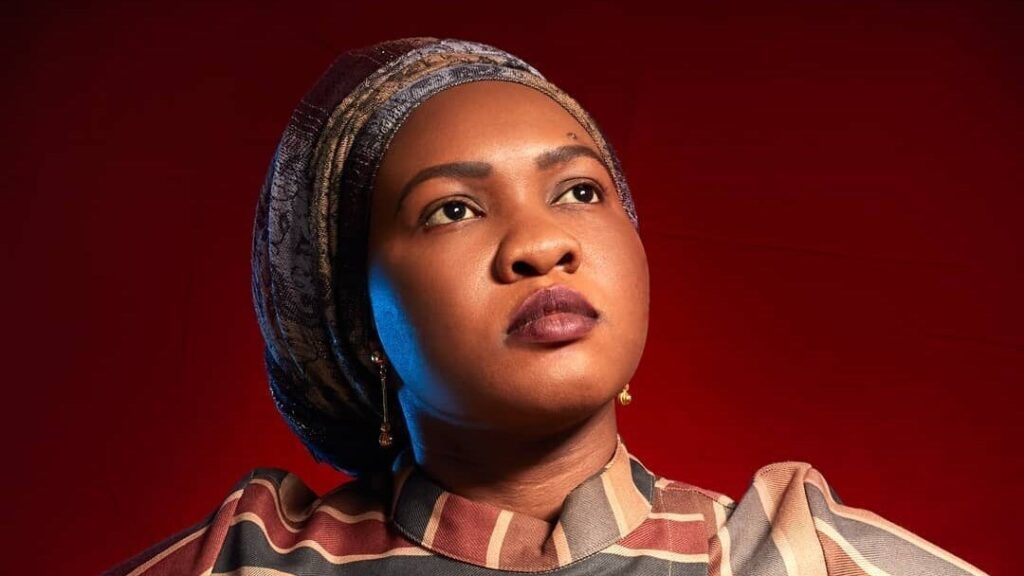
With just $200 in hand at the start of her business, Adja Sembene Fall, the 29-year-old Senegalese entrepreneur and CEO of the luxury tea brand Contanna was forced to establish her company solely online, due to financial constraints.
Said Adja: “Due to [lack of] finance, it was not possible to get a physical shop. We started out in the backyard of my brother’s house. We sold our teas via social media for three years.”
Her tea company promises a “Senegalese experience” while marketing a women-owned, locally sourced, processed product with roots in family and cultural traditions.
Contanna’s creative strategy produced remarkable online revenues, which increased from $5,000 in the first year to $12,000, in addition to a devoted following of over 2,000 clients.
Having seen the impact of the digital space on her career, Fall said, “Digitizing our buying process was really important. We [were] also able to present and adjust packaging of our product online, [to emphasize] it was premium and different from what was available in Senegal.”
She also opened a pop-up stall at Dakar’s Sea Plaza shopping mall.

Her business however received a boost after emerging victorious in the AgriPitch competition women-owned business category, held by the African Development Bank in January 2022. The initiative, part of the Bank’s ENABLE Youth Program, drew 750 entries from agripreneurs in 38 African countries.
Following a rigorous screening procedure, 25 semi-finalists, 68% of whom were women-led businesses, were picked for a thorough virtual boot camp. Through this intensive program, they refined their abilities and business sense, readying them for a pitch competition in which nine finalists were selected.
The judges were bowled over by Fall’s pitch. “I was pitching in front of my shop, where customers were passing by. They were so encouraging when they discovered that [my business] is a 100% Senegalese company and especially that the founder was a woman,” she recalls.
Following her presentation, Adja was awarded $25,000 as seed money, which she said she would use to improve Contanna’s digital payment system and give her staff—all of whom are women—computers and training in digital skills.

2 Comments
A plataforma ernesto.me representa uma solução inovadora e acessível para empreendedores que desejam criar e gerir marcas de forma eficiente e autónoma. Com uma interface intuitiva e recursos abrangentes, o ernesto.me permite simplificar processos e potenciar o crescimento de novos negócios, mesmo com recursos limitados. Recomendo vivamente a utilização desta ferramenta para quem procura uma opção confiável para desenvolver a sua marca de forma sustentável e profissional.
La ringrazio molto per il suo contributo!